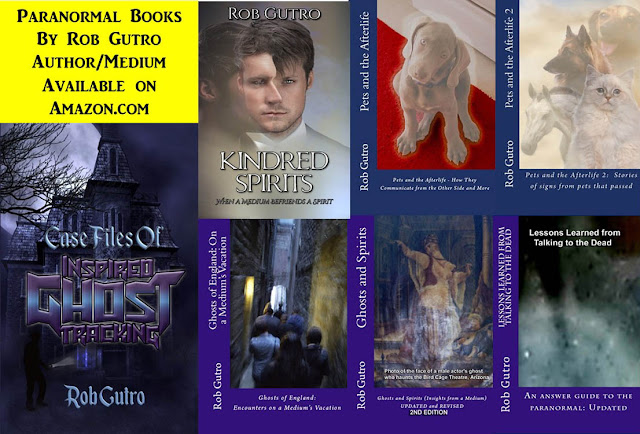 Healthline dot com p
Healthline dot com published an interesting article on phobias, and I thought you may want to read about phobias in general from that interesting article. First, let's talk about the fear of ghosts, and then get into a bunch of other fears. Read on:
Phasmophobia is an intense fear of ghosts. For people with a ghost phobia, the mere mention of supernatural things — ghosts, witches, vampires — can be enough to evoke the irrational fear. Other times, a movie or TV show might be responsible.
Recollections or imagined scenarios may be all that’s needed to generate the severe anxiety or absolute terror that is associated with a ghost phobia, too.
Read on to find out if your dread of a scary movie, empty house, or Halloween decoration is a normal level of fear or dislike, or if it’s a genuine phobia.
Fear of ghosts
Many children experience a fear of ghosts or otherworldly beings from a young age. For many, those fears and anxieties will disappear as they move into adolescence. But for others, the fear remains. It may even worsen into a chronic and potentially debilitating phobia.
Causes
It’s unclear why phobias of any type develop. Some people with a genetic predisposition to anxiety have an increased risk of developing a phobia. Trauma or distressing life events may set the stage for future phobias. For others, it may develop independently.
Effects
People with a phobia of ghosts frequently report sensing a presence when they’re alone. Tiny noises turn into proof positive that their fears are founded. They may even get the distinct impression that they’re being watched or are moments away from a confrontation with a supernatural being.
The sense of dread may be so severe it leaves them unable to move or perform necessary functions. Getting up to go to the bathroom or even falling asleep may be too difficult or provoke too much anxiety.
Contributing phobias
Other phobias, such as a fear of being alone (autophobia), may actually play into developing phasmophobia. ResearchTrusted Source suggests people who have intense fears of being alone, especially at night or when sleeping, may likewise have a fear of these ghostly presences.
It isn’t clear if the fear of ghosts comes first or if it develops as a result of an existing fear of the darkness and nighttime.
Symptoms
People with a fear of ghosts my experience symptoms, such as:
- panic attacks
- difficulty sleeping alone
- intense anxiety
- intense sense of dread or impending doom
- not going to the bathroom at night
- avoiding being alone
- daytime drowsiness (from lack of sleep)
- drop in productivity (from lack of sleep)
A panic attack is the most common symptom of a phobia. It’s immensely disabling, as it often interrupts and stops a person’s daily life. However, you can have a true phobia and not have panic attacks. Other symptoms may be present and debilitating enough for a diagnosis.
People with this phobia may begin to develop rituals, or activities they do in an attempt to avoid or “ward off” ghosts they might encounter.
If these rituals become compulsive — that is, you cannot carry on your normal activities unless you do these measures first — you may be developing an obsessive-compulsive disorder (OCD).
How it affects daily life
A fear of ghosts isn’t just a problem for Halloween night or when walking the dark streets of an old city. Actually, a fear of ghosts can pop into your daily life at any point, rendering you too nervous or anxious to continue on with your daily activities. You may have a ghost phobia if you:
Can’t be left alone
People with phasmophobia may be entirely too uncomfortable or anxious to be left at home or in the office alone, especially at night. Sleeping alone in a house overnight is likely entirely out of the question. Likewise, traveling for work — and being alone in a hotel room — may also be problematic.
Avoid dark spaces in home
You may think a fear of monsters under the bed passes as children transition into their adolescent years — and for many, it does — but people with this phobia may fear:
- dark closets
- dark rooms
- dark windows
- dark spaces under furniture
- Recall fearful images
People with this phobia may know to avoid scary movies, but if they accidentally see something — a movie trailer, perhaps — or are made to watch it for some reason, the images from the movie may replay in their mind again and again. This will increase anxiety and symptoms.
Likewise, reading scary stories or researching supernatural activities may trigger the phobia.
Experience Sleep Loss
Because nighttime often heightens the sense of dread and worry for people with a fear of ghosts, sleep may be nearly impossible. This is especially true if you’re alone. Ultimately, this can lead to sleep deprivation, daytime sleepiness, and a drop in productivity at work.
HOW TO DEAL WITH PHOBIAS: https://www.healthline.com/health/mental-health/phasmophobia#related-phobias






























